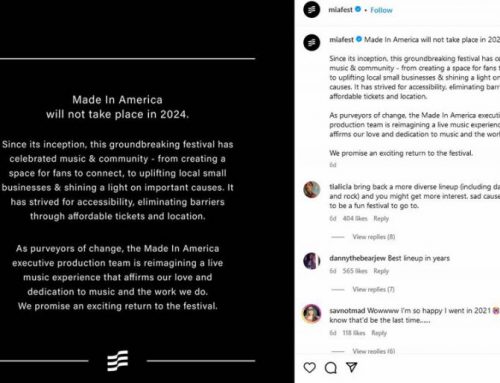Source: http://www.crazydaysandnights.net
While the entire world has been focused on this foreign telecommunications company and their access to computer chips so the whole G thing can be protected, the same country already won by going through the back door of every person who has ever downloaded that video social media app.
It accomplished the very same thing.
It isn’t a chip, but they can control your phone whenever they want.
Telecommunications company: Huawei
5G
App: TikTok
TikTok national security problem: Don’t ignore the lessons of 2016
Legitimate concerns about TikTok have been raised, including by high-profile senators, centering on censorship and sensitive data. As of Jan. 3, each of the U.S. military services has banned TikTok from government-issued mobile devices.
But not enough attention has been given to a more serious threat — the long-term potential for TikTok to be used as a platform for election-meddling and other influence operations.
Some people scoffed when Vice President Mike Pence, in a landmark address on China, accused Beijing of meddling in U.S. elections. But the lessons of our 2016 election reveal that foreign powers can interfere with relative ease, and Russia is not the only culprit. We will soon find out how well the U.S. government learned that lesson.
The Committee on Foreign Investment in the United States (CFIUS), a federal body that screens incoming foreign investments for national security risks, is scrutinizing a transaction involving the popular mobile app TikTok, according to news reports.
TikTok is one of the most popular mobile apps in the world. It is also controlled by Chinese tech giant ByteDance, and therein lies the rub. Two years ago, ByteDance acquired a U.S.-based competitor called Musical.ly, securing a strong foothold in the U.S. market, and then it folded Musical.ly into TikTok.
The TikTok app probably seems innocuous, since it is used mostly by teens to share how-to videos and musical renditions. But, it could present a real counterintelligence threat due to ByteDance’s ties to the Chinese government, which include a joint venture with a Chinese state-owned media group. In the interests of national security, CFIUS should consider forcing ByteDance to divest Musical.ly.
We know that during our 2016 election Russia carried out a significant campaign to affect the outcome and undermine public confidence in our democratic process, blending covert intelligence operations with more overt efforts, including armies of social media “trolls.”
While Russia did not own or control the U.S. platforms it exploited, its trolls were still able to create and leverage fake accounts to spread disinformation and sow chaos. It’s not difficult to imagine what another foreign adversary, China, could do with a massive social media platform under its thumb. With TikTok, that is the situation the U.S. now faces.
TikTok has 26.5 million monthly active U.S. users, with 60 percent of them between the ages of 16 and 24, according to ByteDance. Many are just teenagers now but will be voting soon, and younger generations rely increasingly on social media for information. The U.S. Government should not wait until the 2024 or 2028 elections to address the mounting risks. – Source
Read more on these









